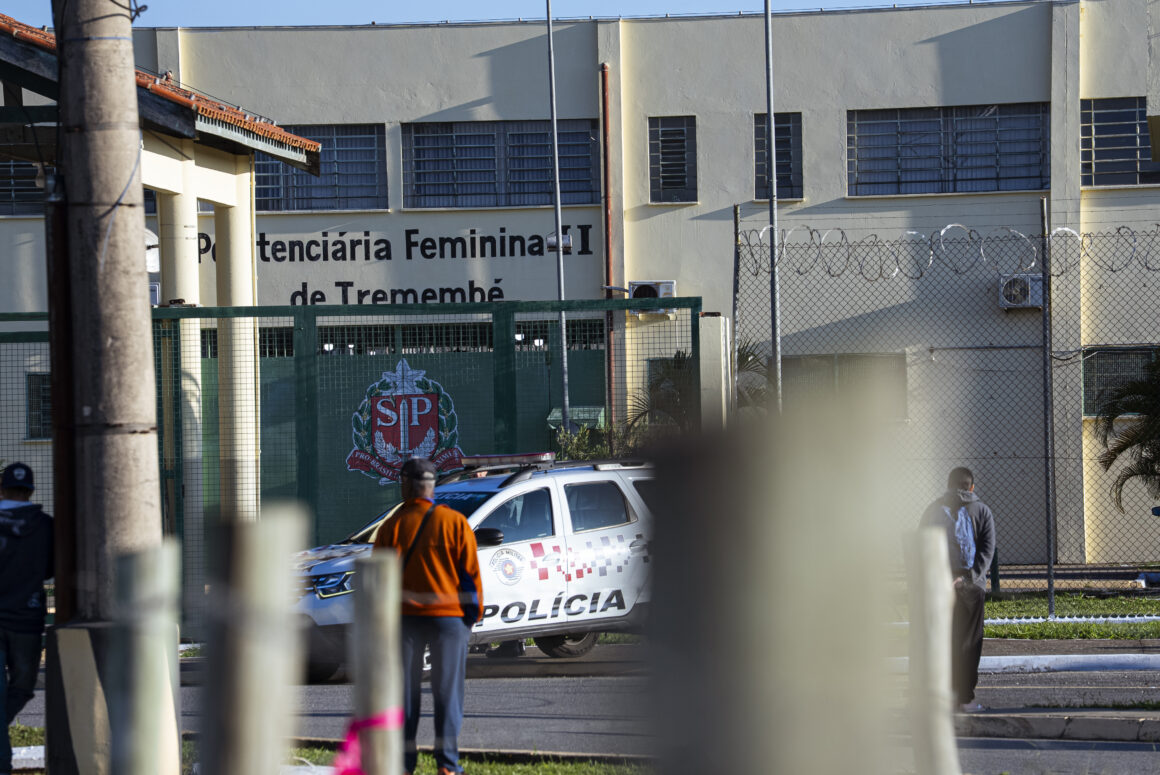Regime progression is a fundamental right guaranteed to individuals serving custodial sentences in Brazil. Provided for in Article 112 of the Criminal Execution Law (LEP), it establishes that sentences must be executed progressively, allowing transfer to less restrictive regimes as specific criteria are met.
Brazil’s progressive system is organized into three regimes: closed, semi-open, and open. To progress between them, incarcerated individuals must meet objective requirements – such as specific percentages of the sentence ranging from 16% to 70%, depending on the type of crime committed – and subjective requirements, primarily demonstrating good behavior.
Within this progressive system, temporary leaves play a crucial role in social reintegration. Intended for individuals in the semi-open regime who have already served at least one-sixth of their sentence (if first-time offenders) or one-quarter (if repeat offenders), these “saidinhas”—as temporary leaves are known in Brazil—allow family visits on up to five occasions annually, lasting up to seven days each.
These periods are fundamental for incarcerated individuals to maintain essential social bonds, gradually prepare for their return to freedom, and strengthen family ties – factors that reduce criminal recidivism. Official data released by the National Council of Justice demonstrates the program’s effectiveness: on average, only 4.1% of individuals fail to return within the established timeframe, contradicting punitive arguments about risks to public safety.
The recent approval by the Chamber of Deputies of a bill that makes regime progression more difficult for those convicted of heinous crimes (Bill No. 1112/23) is part of a worrying trend of penal hardening in Brazil. By increasing the minimum time spent in closed regime, the measure weakens the gradual logic of sentence execution, which has historically proven more effective in reducing recidivism.
According to Larissa Itri, legal consultant at the Humanitas360 Institute, “the progressive system, combined with mechanisms such as temporary leaves, was designed precisely to prevent incarceration – recognized as an environment of rights violations and even torture – from deepening social exclusion. Controlled contact with the outside world, provided by temporary leaves, is a fundamental step in rebuilding family bonds, preparing for freedom, and reducing criminal recidivism.”
By restricting these instruments, the country moves against constitutional guidelines for reintegration and empirical evidence about the positive impact of gradual sentence progression. Aggravating this situation, a recent study by H360 projected the extinction of “saidinhas” by 2034 and warned of harm to the social reintegration of incarcerated individuals.
It is in this context that Humanitas360, through the Green Doors: Temporary Leave project, works to humanize this crucial moment. On September 16th, alongside partners and volunteers, the Institute will be in the field for the third time this year, providing support to incarcerated individuals at the Tremembé II Women’s Penitentiary in the interior of São Paulo. The initiative includes donations of clothing, food, and hygiene kits, as well as legal guidance on rights and processes.
Learn more about the initiative by clicking here.





